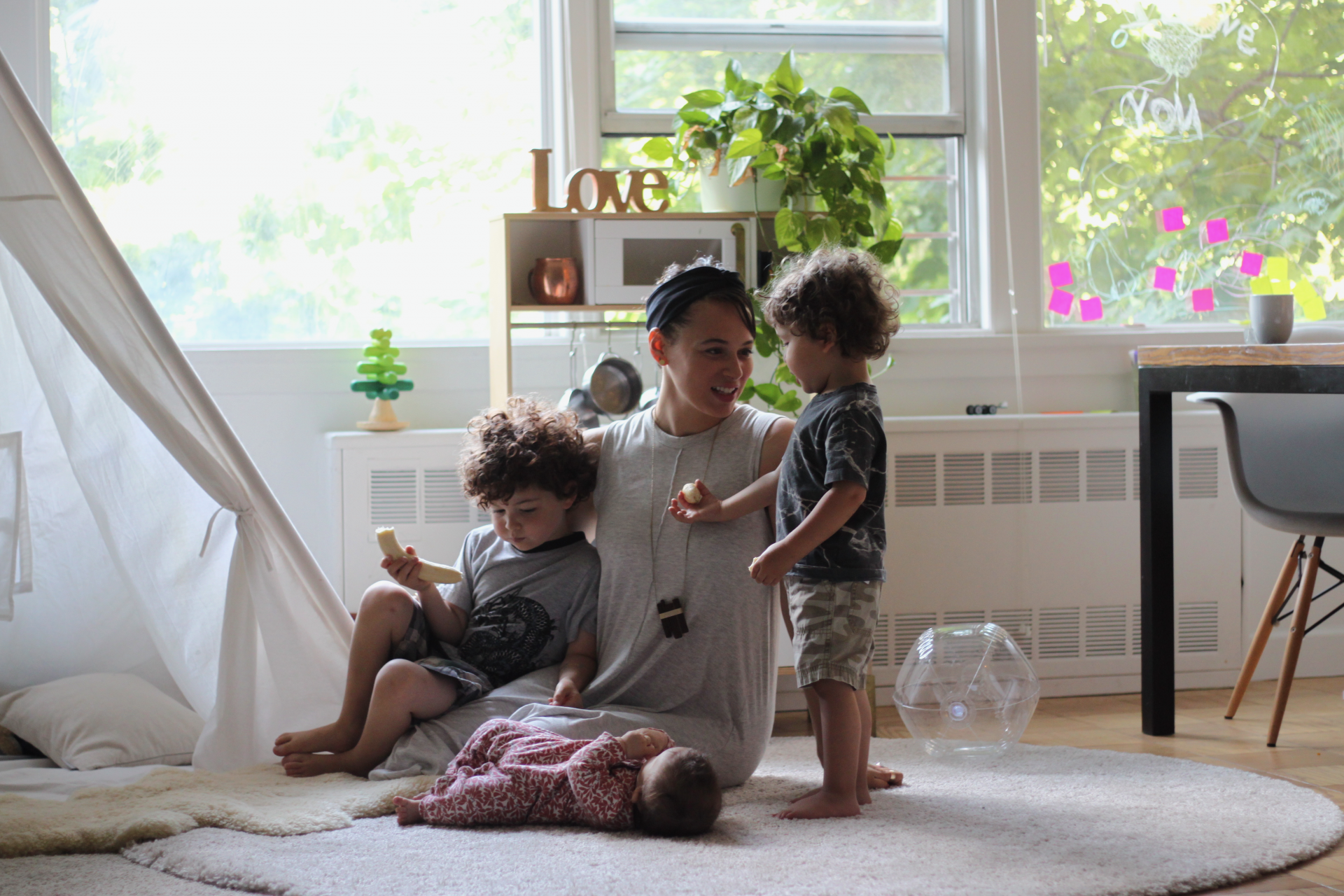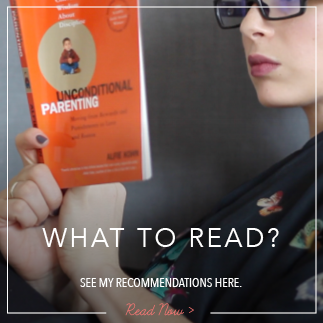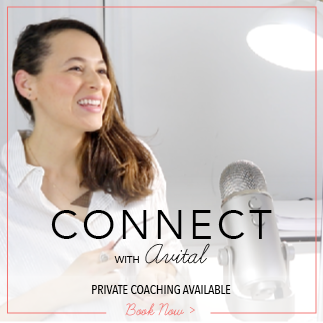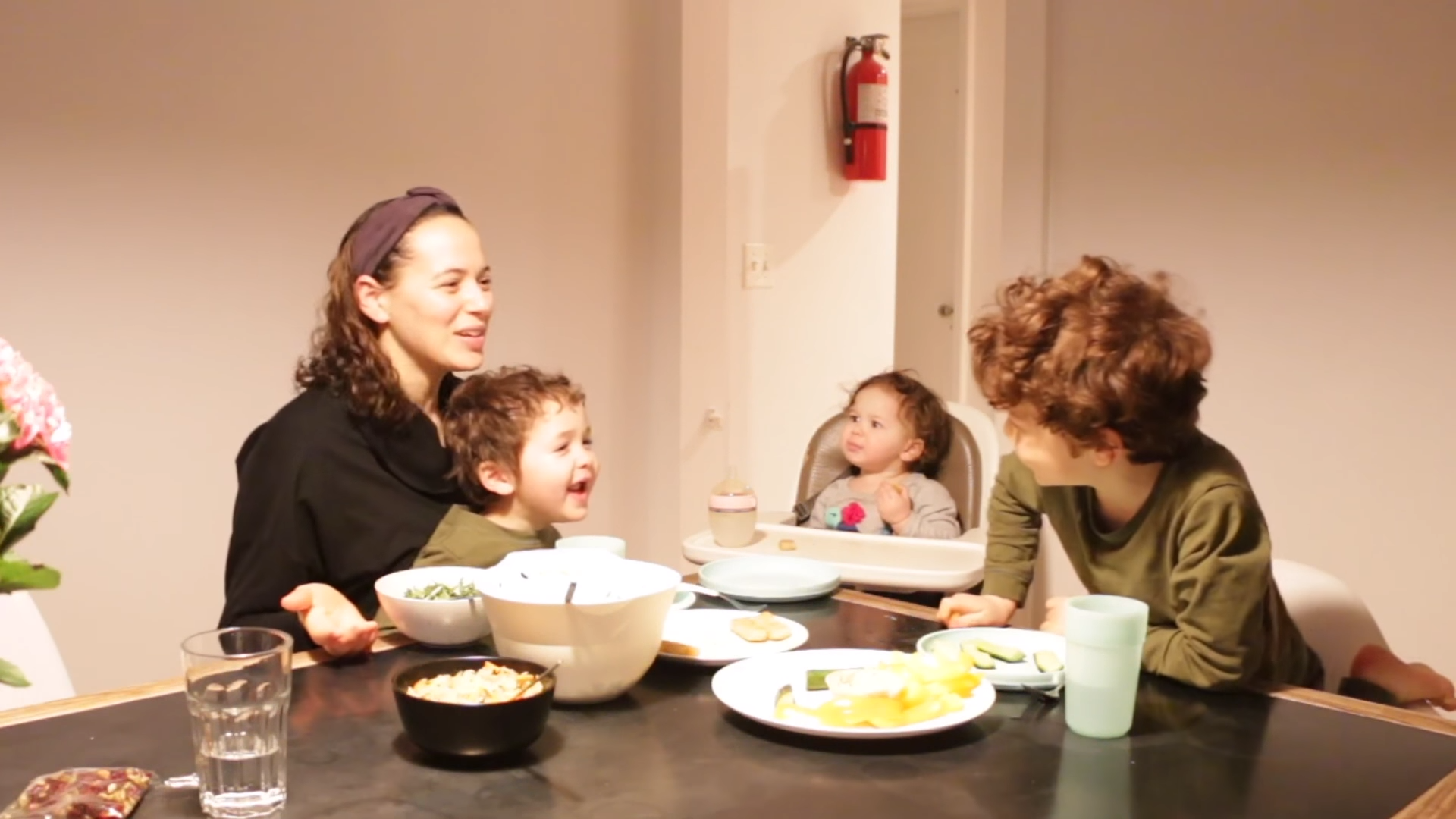5 Ways To Handle Negative Emotions
As parents, it pains us to see our kids in pain, so we want to protect them from negative emotions such as frustration, irritation, failure, sadness, disappointment, etc.
But in fact, when we hasten to clear obstacles from their way or to soothe away their upset too strongly, we’re sending some dangerous messages.
We’re saying we don’t think they can handle what the world throws at them, that they can’t hack their own feelings… something which can turn into a self fulfilling prophecy. We’re also saying we think negative emotions are to be avoided at all costs, which encourages our children to stuff them down.
Freud taught us that negative emotions don’t go away, they simply resurface in ever more violent ways, and most modern physiologists agree. Emotions need to be expressed in order to be released. In fact, many psychologists consider the ability to express negative emotions in a healthy way as the corner stone of mental health. And this is something our children can practice from birth.
As we said, when we’re down, the only healthy way to feel better is to move through a negative emotion – to ride the wave of it, if you will. Sitting with the emotion, learning it, accepting it and reaping it’s lessons, rather than stuffing it down.
But when we ourselves have such a fixated agenda on our children’s happiness, it can be so tempting to deny their less-than-happy states. So what can we do to help them move through emotions and come out, healthier, on the other side?
5 Ways to Handle Negative Emotions
- First, regulate yourself
If negative emotions trigger an intense response in you see that as an invitation to work that out. Were certain emotions not tolerated in your own upbringing? Was crying shut down? Was disappointment invalidated? Was upset hushed? If so do some soul searching and ask yourself which “shoulds” you’re holding onto – perhaps it’s time to let them go. If you are triggered by your child’s big bad feelings, you won’t be able to hold a safe space for them to move through them, supported by you. - Cultivate a detached empathy
You need to reach a place where you can hold space for them without associating too deeply with their feelings. If you’re identifying too greatly with their emotions you become enmeshed with them and can’t be the anchor they need. Imagine them as a ship going through a storm. They need a calm, centered captain who isn’t overwhelmed by storms.Further, when you add your big feelings to theirs – you overwhelm their capacity to regulate themselves. Saying things like “It makes mommy sad when you’re sad” only burdens them further, and adds guilt to their already challenging feelings. They need to know that you’re totally fine, although empathic, no matter what they are feeling.
- Accept emotions – not behaviors
On the one hand we’re striving to be tolerant of emotions, to validate and empathize with the tough feelings our kids are experiencing. But on the other hand, it’s our job to keep them and others safe. So if their behaviors are violent or destructive, rue or hurtful you might need to set limits to those behaviors, all the while empathizing with the emotions that drive them. For example, you might request that your child stops crying or fussing, that they keep their hands to themselves or that they return something they’ve grabbed, but still empathizing with the fact that they’re having a hard time. - Develop your child’s emotional vocabulary
Take the opportunity to label the emotion they’re experiencing, and provide vocabulary for safe expression. The more precisely you and your child can describe the feeling, the easier it is to feel “heard” and move through them. Check out this extensive list if you need an “emotional vocab” refresh. - Provide a healthy outlet
Your child may not have ideas for how to healthily express their sorrow, embarrassment or despair. Offer them the opportunity to draw about the feeling, to dance it out, to paint or sing… any creative outlet can be amazingly healing. Of course playing out the feelings with dolls or puppets can also be an excellent outlet for kids.
Do you get triggered by negative emotions in your child? How do you help them, and yourself, move through them?










Hi! I need help! I have two kids, 7 & 5. My youngest, Tessa, has such huge emotional outbursts that have been going for years. Since she was two years old. She gets very mad and frustrated when something doesn’t go her way. She has a hard time shrugging things off. I try to build resiliency, allow these emotions to be but they are sometimes so prolonged and consistent that I can’t even deal. It’s everyday. She gets so frustrated and moans and groans and can’t stop crying for every little thing. Clearly there is something I’m doing. Her brother isn’t like this at all. I think it’s a limits issue as well as her personality, but I’ve started dreading our days. Listening to all of your episodes! I just had to share. I know this doesn’t paint a clear picture. I’m just so tired of it!
Hey Jen! I understand how frustrating that could be! My kids aren’t that age yet, I’m still in the toddler/preschooler meltdown phase of parenting. Are you in the Love Parenting with Avital facebook group? (https://www.facebook.com/groups/loveparentingwithavital/).
I encourage you to post your question in there as well. It’s an amazing non-judgmental community that has a lot of advice and support. I’m sure there are other parents in there that are either going through something similar or have gone through it and your vulnerability in asking helps anyone else who reads it as well! – Tracy xx